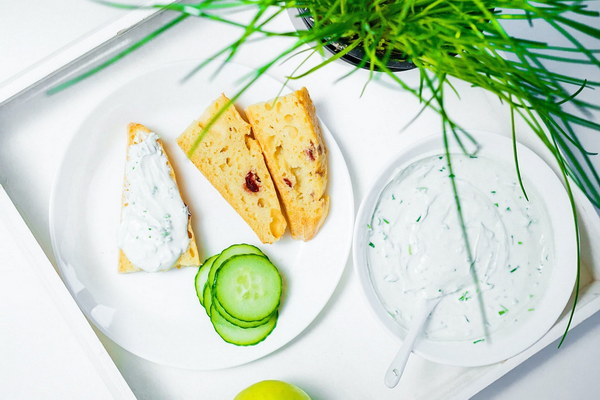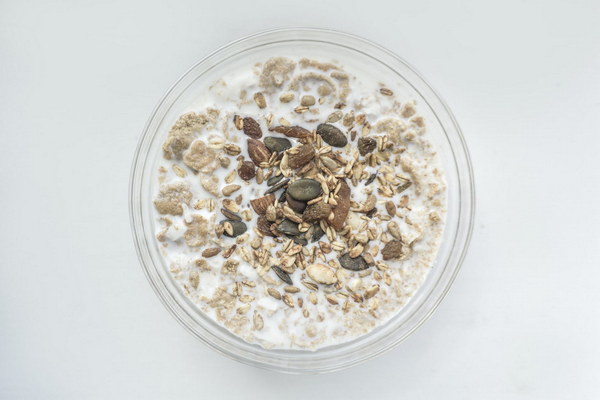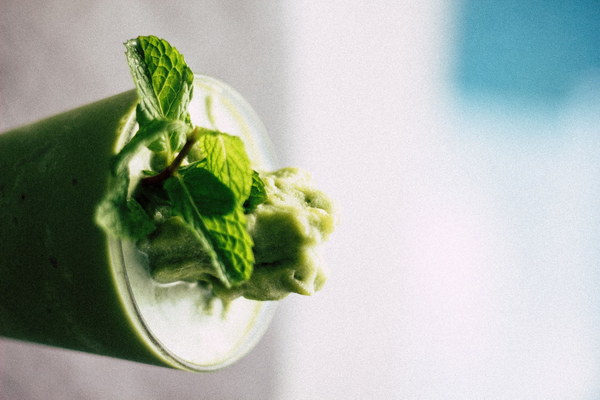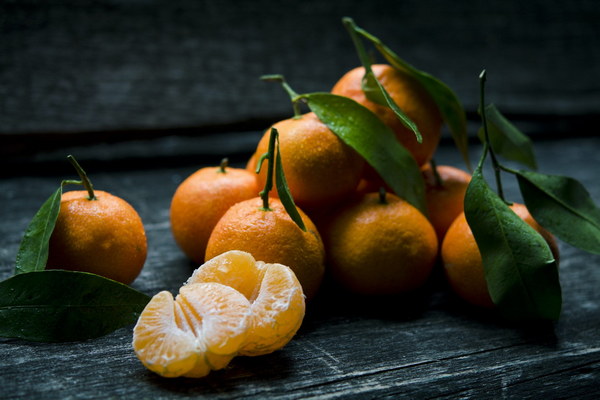Are Herbal Teas High in Calories Unveiling the Truth Behind Their Nutritional Content
Introduction:
Herbal teas have gained immense popularity in recent years as a healthy alternative to traditional black and green teas. They are often praised for their numerous health benefits and lack of caffeine. However, many people are curious about the calorie content of herbal teas and whether they can be consumed without worrying about weight gain. In this article, we will delve into the calorie content of herbal teas and provide a comprehensive overview to help you make informed decisions about your tea consumption.
1. Understanding Herbal Teas:
Herbal teas, also known as tisanes, are made from the infusion of herbs, spices, fruits, or flowers. Unlike black and green teas, herbal teas do not come from the tea plant (Camellia sinensis). Instead, they are made from a wide variety of natural ingredients that are known for their medicinal properties.
2. Calorie Content of Herbal Teas:
The calorie content of herbal teas can vary depending on several factors, including the type of ingredients used, the quantity of tea leaves or herbs, and the brewing method. Generally, herbal teas have a very low calorie content, with most varieties containing less than 5 calories per cup.
a. Caffeine-Free: Herbal teas are naturally caffeine-free, making them an excellent choice for those who are sensitive to caffeine or looking to reduce their intake. This is an important factor to consider when evaluating their calorie content since caffeine can slightly increase calorie burn.
b. Natural Ingredients: The natural ingredients used in herbal teas contribute minimal calories to the beverage. For instance, chamomile tea, made from chamomile flowers, contains only 3 calories per cup. Similarly, ginger tea, made from ginger root, has approximately 4 calories per cup.
c. Brewing Method: The way you brew your herbal tea can also affect its calorie content. For example, using less water or brewing for a longer duration can lead to a slightly higher calorie content due to the extraction of more natural sugars from the ingredients.
3. Benefits of Drinking Herbal Teas:
Despite their low calorie content, herbal teas offer numerous health benefits that make them a valuable addition to your diet:
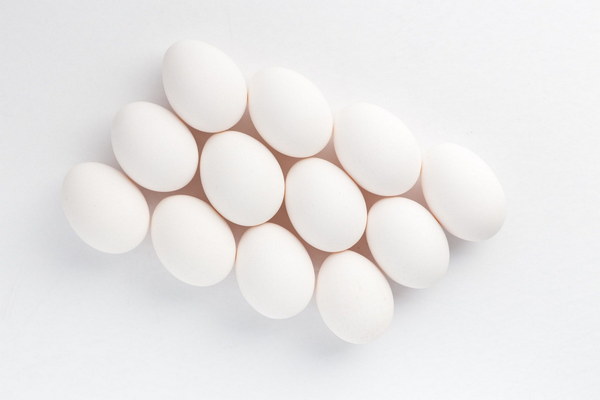
a. Antioxidants: Many herbal teas are rich in antioxidants, which help protect your body against oxidative stress and reduce the risk of chronic diseases.
b. Digestive Health: Herbs like ginger, fennel, and peppermint are known for their digestive benefits, helping to alleviate symptoms of indigestion, bloating, and gas.
c. Relaxation and Sleep: Herbs like chamomile, valerian root, and lavender are known for their calming properties, making herbal teas excellent choices for relaxation and improved sleep.
4. Choosing the Right Herbal Tea:
When selecting an herbal tea, it's essential to consider your personal preferences and health goals. Here are some popular herbal teas and their calorie content:
a. Chamomile Tea: 3 calories per cup
b. Ginger Tea: 4 calories per cup
c. Peppermint Tea: 2 calories per cup
d. Lemon Balm Tea: 1 calorie per cup
e. Rooibos Tea: 2 calories per cup
Conclusion:
In conclusion, herbal teas are generally low in calories, making them an excellent choice for those looking to enjoy a refreshing beverage without worrying about weight gain. With their wide range of health benefits and natural ingredients, herbal teas can be a valuable addition to your daily routine. However, always remember to check the ingredients and brewing instructions to ensure you are making the healthiest choice for your body.
